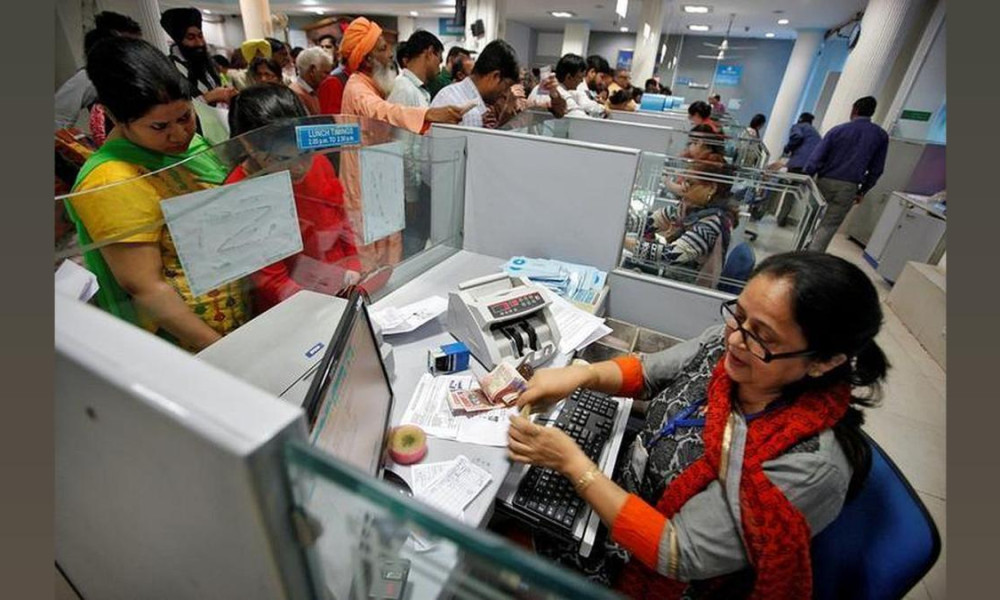A civil society group, Bank Bachao Desh Bachao Manch, has raised serious concerns over ICICI Bank’s decision to increase the minimum average balance (MAB) requirement for new savings accounts. The move, they argue, goes against the government’s push for inclusive banking.
In a letter to the Finance Ministry, the group called the hike “unjust and regressive.” The bank recently raised the minimum balance for new accounts opened after August 1 from Rs 10,000 to Rs 50,000. That’s a fivefold increase.
The same jump applies to semi-urban and rural areas. The new MAB for semi-urban locations is now Rs 25,000, and rural areas will see an increase to Rs 10,000. Details are already live on ICICI Bank’s website.
Biswaranjan Ray and Soumya Datta, joint conveners of the forum, didn’t hold back. “This retrograde decision undermines the principle of inclusive banking,” they said. The group wants the decision rolled back immediately and is urging the government to step in to protect depositors.
Public sector banks have traditionally kept minimum balance requirements lower. Many have even scrapped them entirely, especially for Jan Dhan accounts. Penalties for not maintaining a minimum balance are also a non-issue in several cases.
The civil society organisation insists that ICICI Bank’s move could hurt financial inclusion efforts. They argue that higher balance requirements put banking services out of reach for many, especially in rural and semi-urban areas.
ICICI Bank hasn’t responded publicly yet. But with pressure mounting, all eyes are on the Finance Ministry to see if they’ll intervene. For now, customers and activists are left wondering if the bank will reconsider its stance.
Financial inclusion has been a cornerstone of government policy. With public sector banks leading the charge in accessibility, private lenders like ICICI seem to be taking a different route. The question is whether this decision will stand or face regulatory pushback.
The debate over minimum balance requirements isn’t new. But this sharp hike has reignited the discussion. Advocates for inclusive banking are watching closely, hoping for a reversal.

